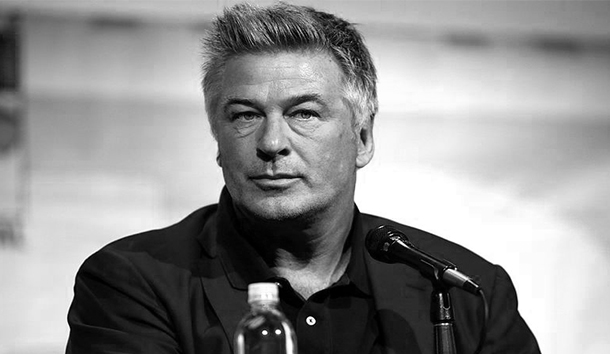
Throughout the Republican primaries and the 2016 general election, commentators regularly characterized Donald Trump’s campaign as the political equivalent of a reality show. References to Trump’s leading role on NBC’s The Apprentice were a dime a dozen. Some on the left, in fact, criticized the 24-hour news networks for providing Trump with the equivalent of scores of millions of dollars in free advertising, arguing that they had given up any pretense to news coverage and were treating the election entirely as entertainment. And Trump and his advisors, of course, provided plenty of raw footage—often willingly; sometimes unwittingly.
The dynamic has continued throughout Trump’s first six weeks in office. Farhad Manjoo, writing for the New York Times (“I Ignored Trump News for a Week. Here’s What I Learned,” February 22), declares that “Coverage of Mr. Trump may eclipse that of any single human being ever.” That may seem like hyperbole, until you read on: “The new president doesn’t simply dominate national and political news. . . . He has taken up semipermanent residence on every outlet of any kind, political or not.” That certainly accords with my experience. Unlike Manjoo, I haven’t attempted to avoid news concerning President Trump, but I don’t know how anyone who spends any time reading anything online, or even any newspaper or magazine printed since Trump’s June 2015 announcement that he would be running for the Republican presidential nomination, could possibly stay Trump-free. As Manjoo writes, Trump “is no longer just the message. In many cases, he has become the medium, the ether through which all other stories flow.”
Do you follow stories about Apple or Google or Facebook? Trump is in nearly every one. The auto industry? Ditto. Entertainment awards? Surely you jest. Trump even makes appearances in the sports pages—not because of anything he has done or promised to do regarding any particular sport, but because he seems to be on the minds of every person who puts fingers to keyboard these days.
Manjoo’s article is well worth a read (unless, of course, you’re trying to avoid Trump news, in which case you’re probably not reading this piece, either). But in the end, I think he misses the overarching significance of Trump’s omnipresence—because, paradoxically, he’s too focused on Trump.
You see, Donald Trump is not a politician; he simply plays one on TV. That is, in fact, part of his appeal to voters who feel betrayed by politicians of both parties in Washington, D.C. But looking at this phenomenon as a variety of reality TV is too limiting. There’s an argument to be made that Trump is the apotheosis of a trend that has included Arnold Schwarzenegger, Jesse Ventura, and Al Franken—but also Bill Clinton and Barack Obama. To be a successful politician today, one must be a celebrity, too.
Hillary Clinton never understood the essence of her husband’s appeal (perhaps in more ways than one). And unlike Barack Obama, she was never more than a traditional politician, and often less—a policy wonk, even. She was supported by many celebrities, but celebrity-dom (as opposed to celebrity-dumb) doesn’t really rub off. Political savvy cannot make up for a lack of the essence of celebrity; but Donald Trump has shown that celebrity status can go a long way toward making up for a lack of political savvy.
There are any number of other celebrities who are not politicians but simply play one on TV. And the occasional Clint Eastwood, Bruce Willis, Jon Voight, and Joe Piscopo (who is seriously considering a run for governor of New Jersey as a Republican) aside, most of them fall somewhere well to the left of Barack Obama. A few, like Mark Zuckerberg of Facebook, are making clear noises about running for president (he turns 35 in 2019); but others are laying the groundwork, whether consciously or not. Alec Baldwin is not Donald Trump and Tina Fey is not Sarah Palin and Meryl Streep is not Maggie Thatcher, but should any of them decide to make the leap into politics, they will have an immediate leg up, just as Trump did.
Yes, Trump parlayed his support for particular policies that neither party was willing to touch into an Electoral College victory; but if you believe that Ted Cruz or Marco Rubio or Chris Christie or Jeb Bush could have won on the same platform, I have a signed program from the Reform Party Convention of 2000 to sell you. From the very first time he considered running for president, back in 1987, Trump understood that celebrity sells. After much dismay and disbelief, the Republican Party reluctantly concluded he was right. Don’t expect the Democratic Party to have any reluctance in coming to the same conclusion—if not in 2020, certainly by 2024.
[Image: By Gage Skidmore [CC BY-SA 2.0]]
Leave a Reply